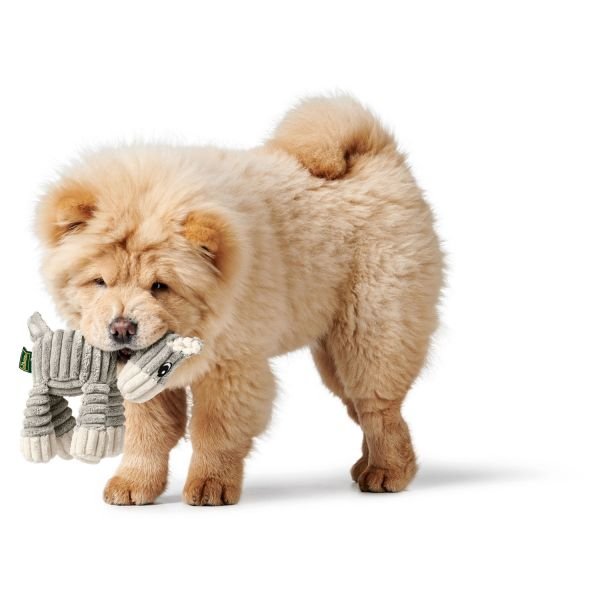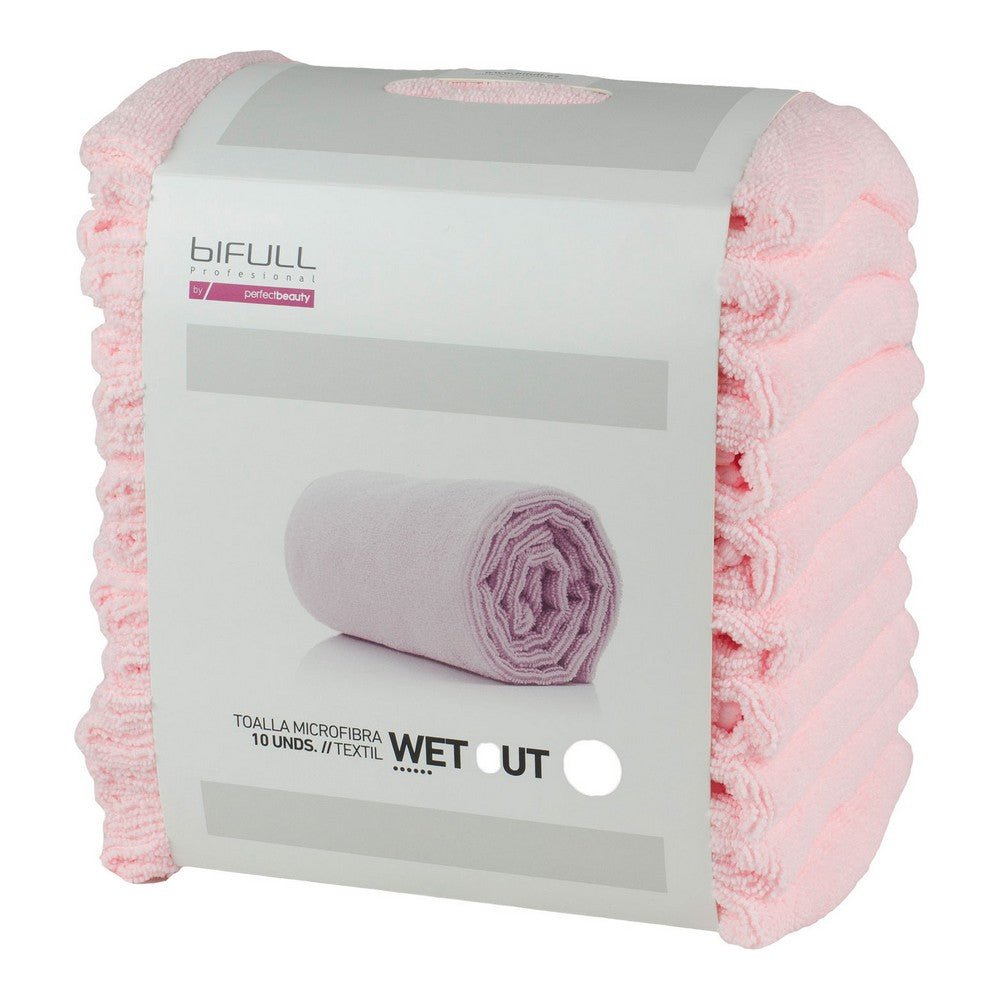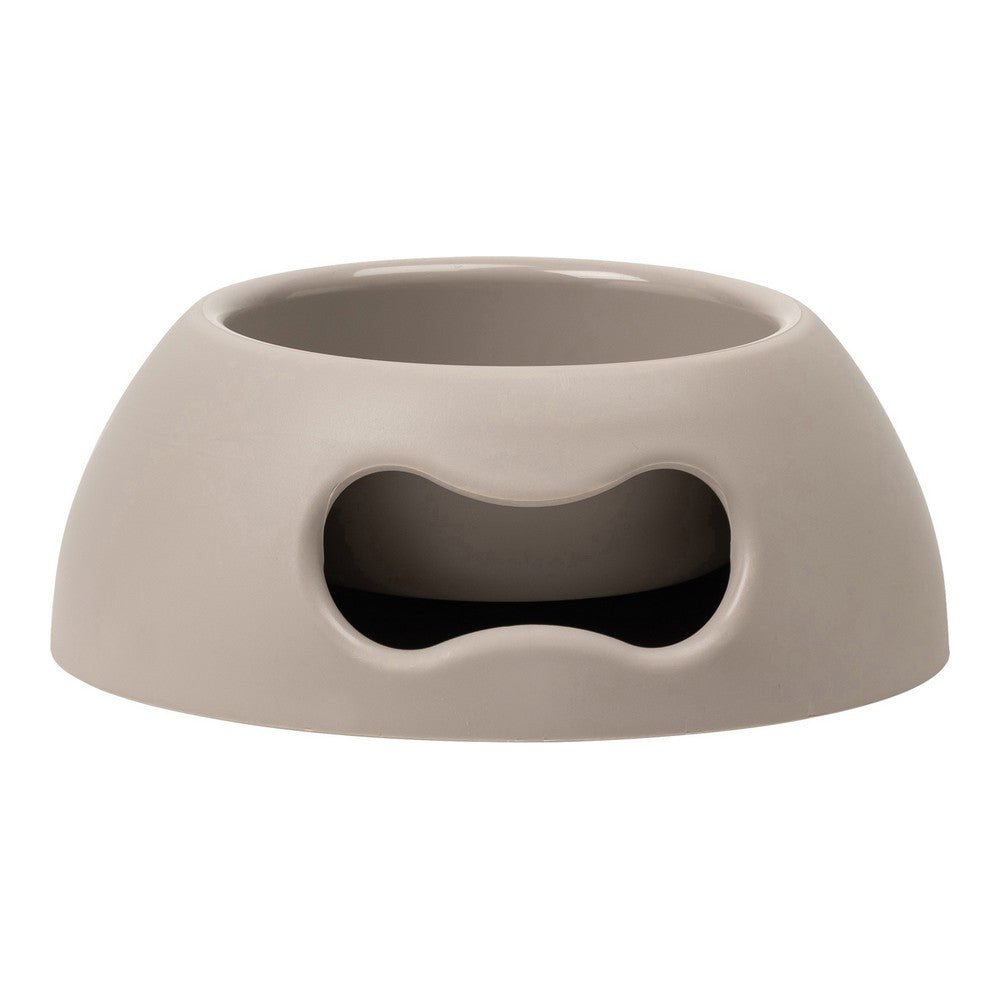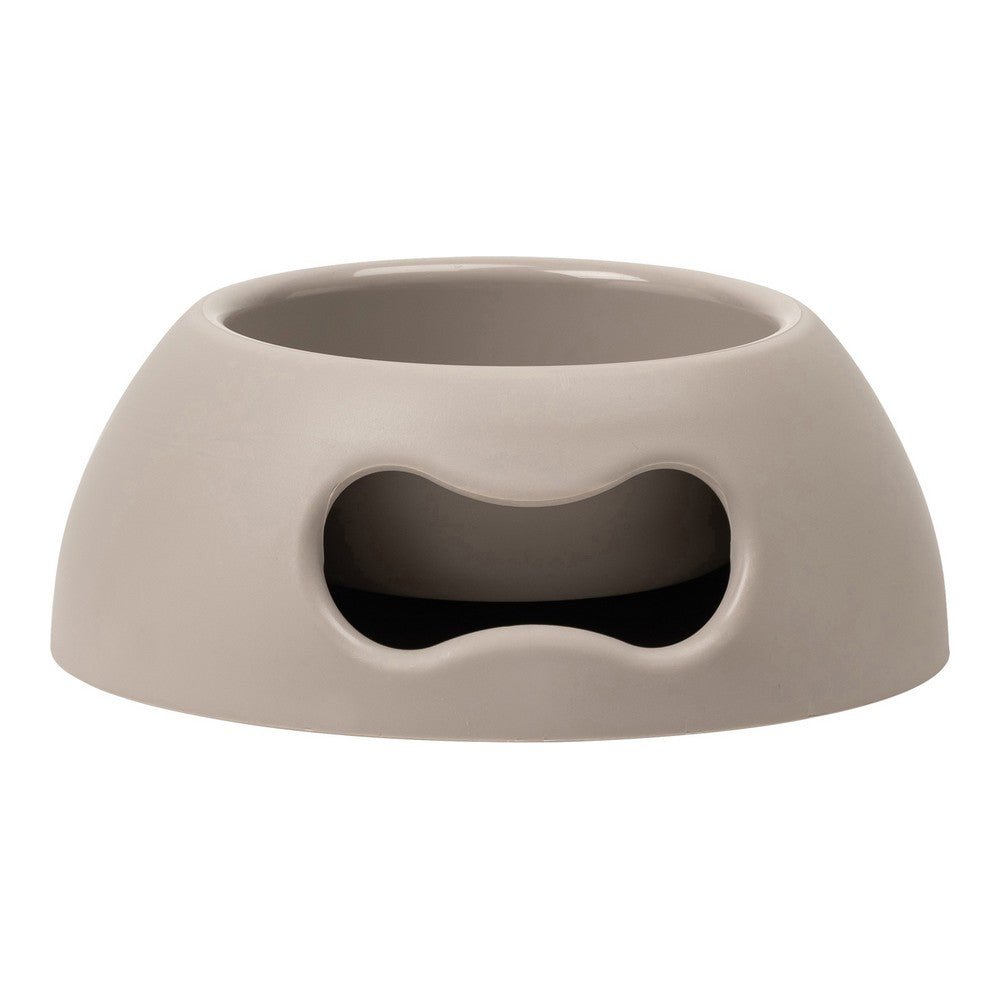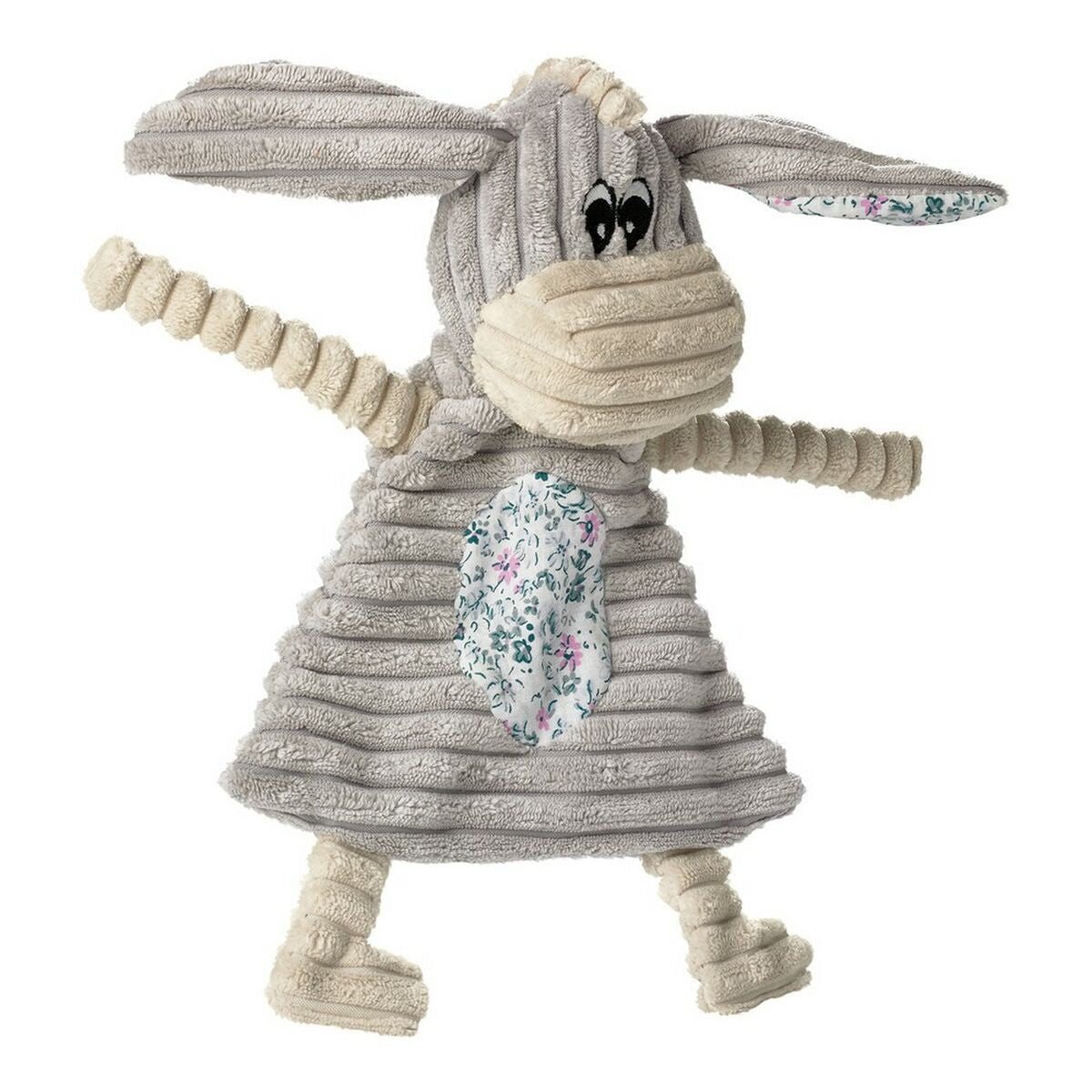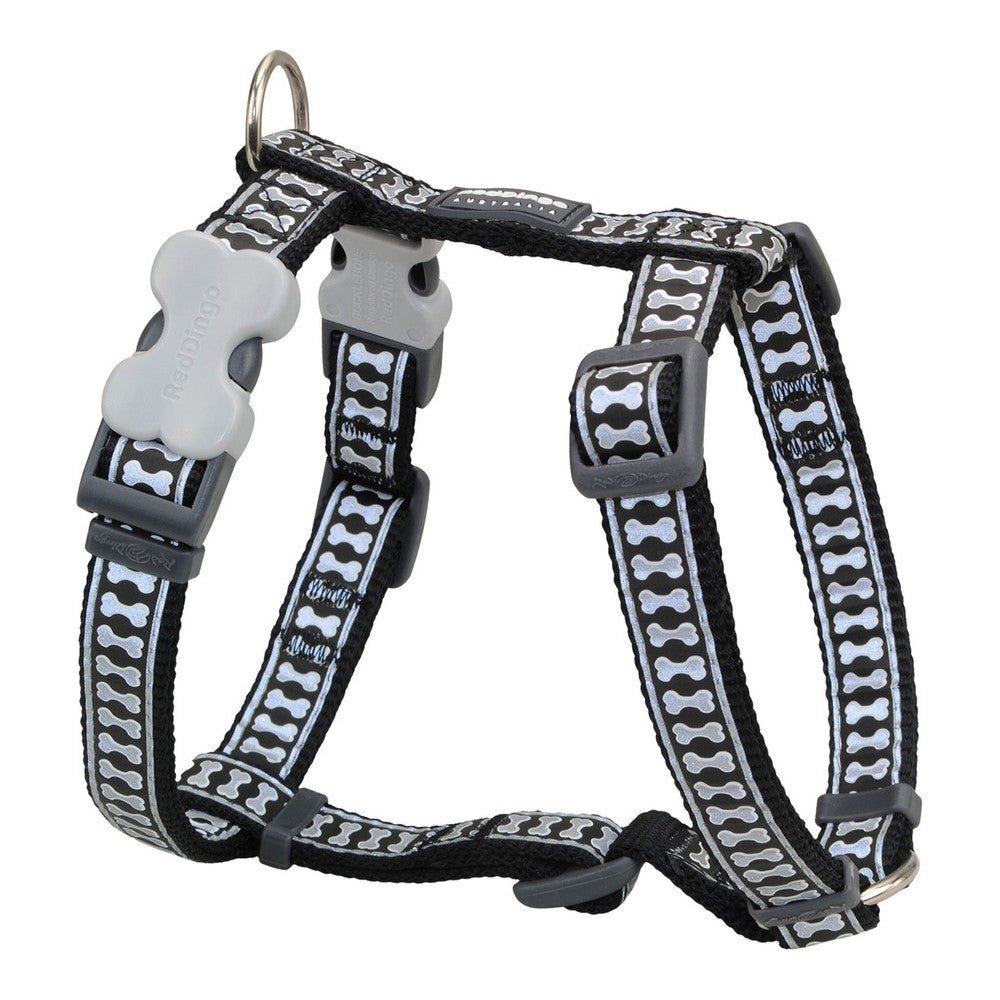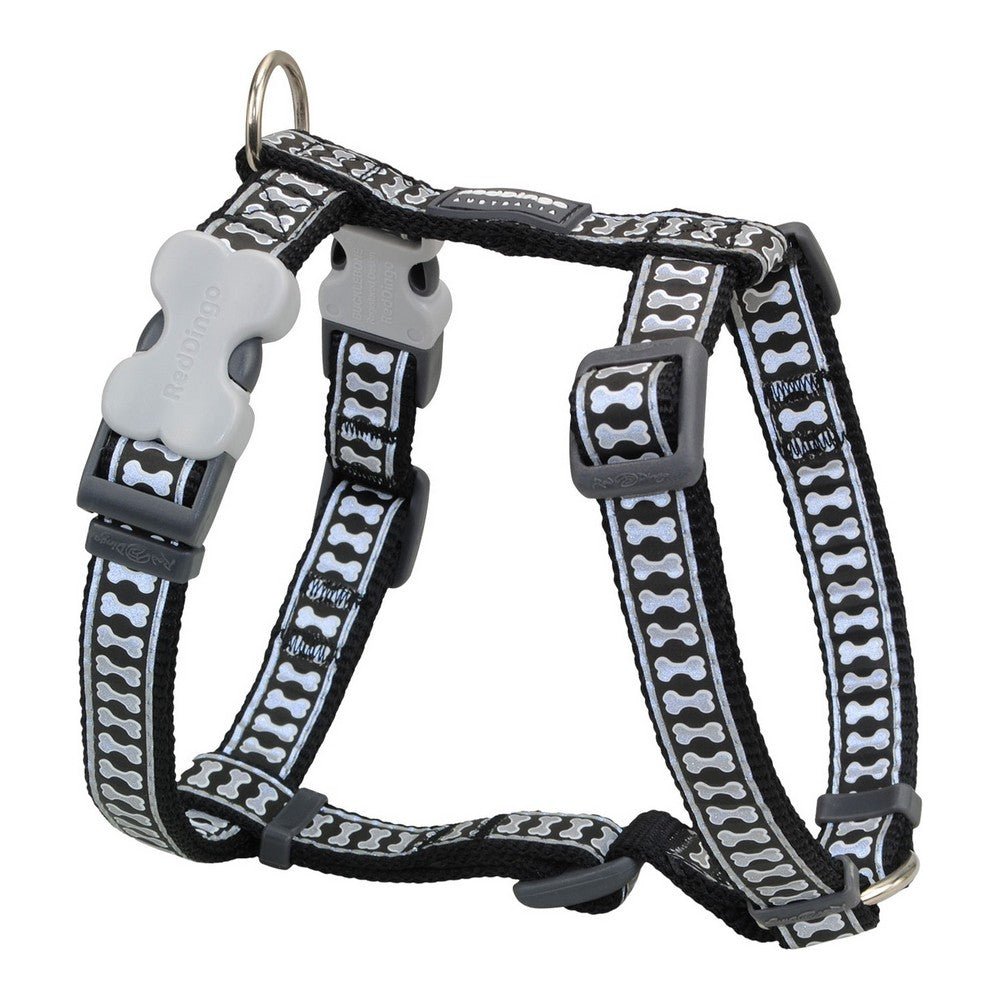Buying a dog is a big and rewarding undertaking, but there are important considerations to make before you take the big step. Here is a comprehensive guide to help you on your journey to becoming a dog owner.
5 things to consider when getting a dog:
1. Do you have time for a puppy? Puppies require a lot of time and attention. From training to socialization, the need for your time and commitment is great, especially in the first few months.
2. Choose a breed that suits you :
Different breeds have different needs, temperaments and health issues. Research different breeds to find one that matches your lifestyle and personality.
3. Find a breeder:
If you choose to buy a puppy from a breeder, do your due diligence. A good breeder will have healthy and happy dogs, be open and honest about any health issues in the breed, and clearly show concern for their dogs.
4. Or adopt a relocation dog:
Adopting a dog from an animal shelter can be a wonderfully rewarding experience. Many dogs need a second home and can make wonderful pets.
5. Draw up a purchase agreement:
A purchase agreement between you and the breeder or shelter is important to protect both you and the dog. This should include information about the dog, its health, and what happens if problems arise.
Where can I find a good breeder?
Good breeders can be found through recommendations from trusted sources such as local veterinarians, breed clubs, or from reputable websites that list registered breeders. They will be open for visits, show where the dogs live, and be able to provide you with health histories and references.
Important! Avoid buying a smuggled dog:
Dog smuggling is a serious problem and contributes to unethical dog breeding. Never buy a dog you suspect has been smuggled. Serious breeders will always be open with information about the dog and its background.
This is how a responsible and good breeder does:
-
Health checks and deworming :
A responsible breeder takes their puppies to vet checks and takes care of their regular deworming. This care for the puppies' health starts from birth and continues until each puppy finds a new home.
-
Quality time with the puppies:
The breeder must spend time with each puppy individually. This not only helps socialize the puppies, but also allows the breeder to understand each puppy's unique personality and needs. - Informative and supportive: Breeders should be prepared to provide potential buyers with comprehensive information about the breed and offer advice and support both before and after the purchase.
-
Find out that the puppies will go to a good home:
A responsible breeder asks many questions of potential buyers to ensure that each puppy goes to a loving and suitable home.
-
Open for visits:
A good breeder should let buyers visit the home, meet the puppies and their mother, which gives a greater insight into the puppies' growing up environment.
-
Help choosing the right puppy:
The breeder should be helpful in selecting the most suitable puppy based on the buyer's lifestyle and needs.
-
Registration and purchase contract:
Each puppy should be registered and a written purchase agreement should be made with each purchase. This ensures that all legal and ethical requirements are met.
-
Long-term support:
A serious breeder remains a support to puppy owners throughout the dog's life, providing advice and help when needed.
This is what you should get from the breeder when you pick up your puppy:
A good breeder should provide you with a puppy care guide, a health record, vaccination certificate and information on any microchips. They may also give you something that smells like the puppy's previous home to help with the transition.
- A certificate of registration
- A purchase agreement
- A puppy inspection rating that must not be older than one week
- A vaccination certificate (if the puppy is vaccinated) and a schedule for vaccinations and deworming
- The puppy must be ID marked with a chip or tattoo
Things to think about when you bring home your puppy:
Prepare your home and family for the puppy's arrival. Give your puppy a quiet and safe space to explore and rest in. Start a routine for feeding, toilet training and sleeping as soon as possible.
Give your puppy a calm start at home:
During the first few days and weeks, keep the environment calm and safe. Avoid large parties or loud activities that can stress the puppy.
Play and get to know the puppy:
Early days are a great time to bond with your puppy through play. Toys suitable for puppies can help with this.
Teach your puppy to do the right thing:
From the beginning, be consistent with rules and expectations. Use positive reinforcement to encourage good behavior.
Teach your puppy where to pee:
Toilet training starts from day one. Designate a place outside for your puppy to use and take them there regularly.
When should the puppy pee:
A good rule of thumb is to take the puppy out every hour, plus always after they have eaten, slept or played. And remember, rewards work wonders to reinforce good behavior!
Keywords: buying a dog, choosing a dog breed, finding a breeder, adopting a dog, purchase agreement, puppies, toilet training, playing with a puppy.








